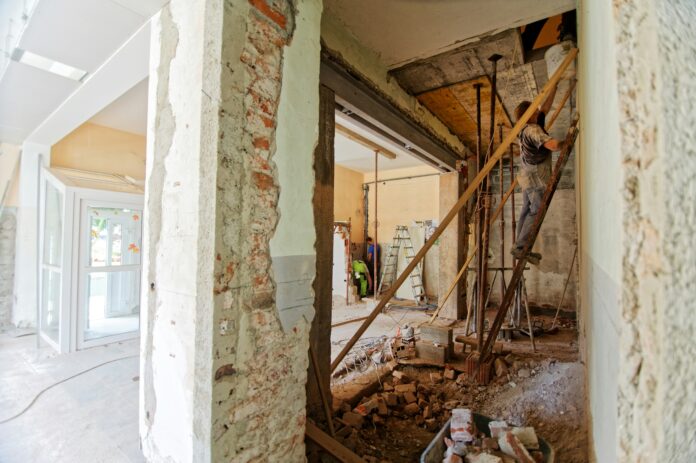
Q. About three years ago I was thinking about selling my home. It was too big for me and hard to manage. My grandson came to me and said that he would renovate the house and split it into four smaller apartments. I was to live in one, and he agreed that he would pay for all my bills (electricity and bins) for the new apartment, and he would manage the rest. While the renovations were ongoing, I moved out of the home. That was 18 months ago. The works are done, the property is still in my name as far as I am aware, and my grandson is being difficult about me moving back into the apartment as he wants to rent all four apartments. What can I do?
Dear Reader,
Firstly, you should gather any information you hold with regard to the arrangement. Obviously, in the event that there was a written and valid agreement drafted by legal advisors, you should revert to them immediately in relation to the matter.
If there was a written agreement, it would appear that there is part performance of a contract between you. Whether or not a valid written agreement exists depends on a number of circumstances, if there is deemed to be a fundamental breach of an obligation under the contract, then you may be entitled to set the entire of the contract aside.
Your grandson might be entitled to be compensated for some or all of the works done, and this would depend on the nature of the agreement and the nature of the works done.
A fundamental breach is a major breach of the terms of the contract – that is, it must go to the root of the contract itself. Failure to pay a bill as agreed would not amount to a fundamental breach, but not permitting you to live in one of the apartments would most likely be deemed a fundamental breach.
If there was a written agreement, you could also sue for specific performance – for example a court order compelling one party to a deal to carry out their obligations under the agreement.
If there is no written agreement, your options may be different. You should ensure that you keep any emails, text messages, or letters that might shed some light on the precise mechanics of the arrangement as you understand them.
It may have been the case that some or part of the ownership was to be transferred to your grandson. You should check with your solicitor as to whether or not you retain ownership. If you remain as owner and have not yet signed anything to transfer ownership of the property you are in a stronger position.
Your solicitor should also check to see whether planning permission was required for the works, and if it was obtained. It would be very important that you take steps now to safeguard your position.


